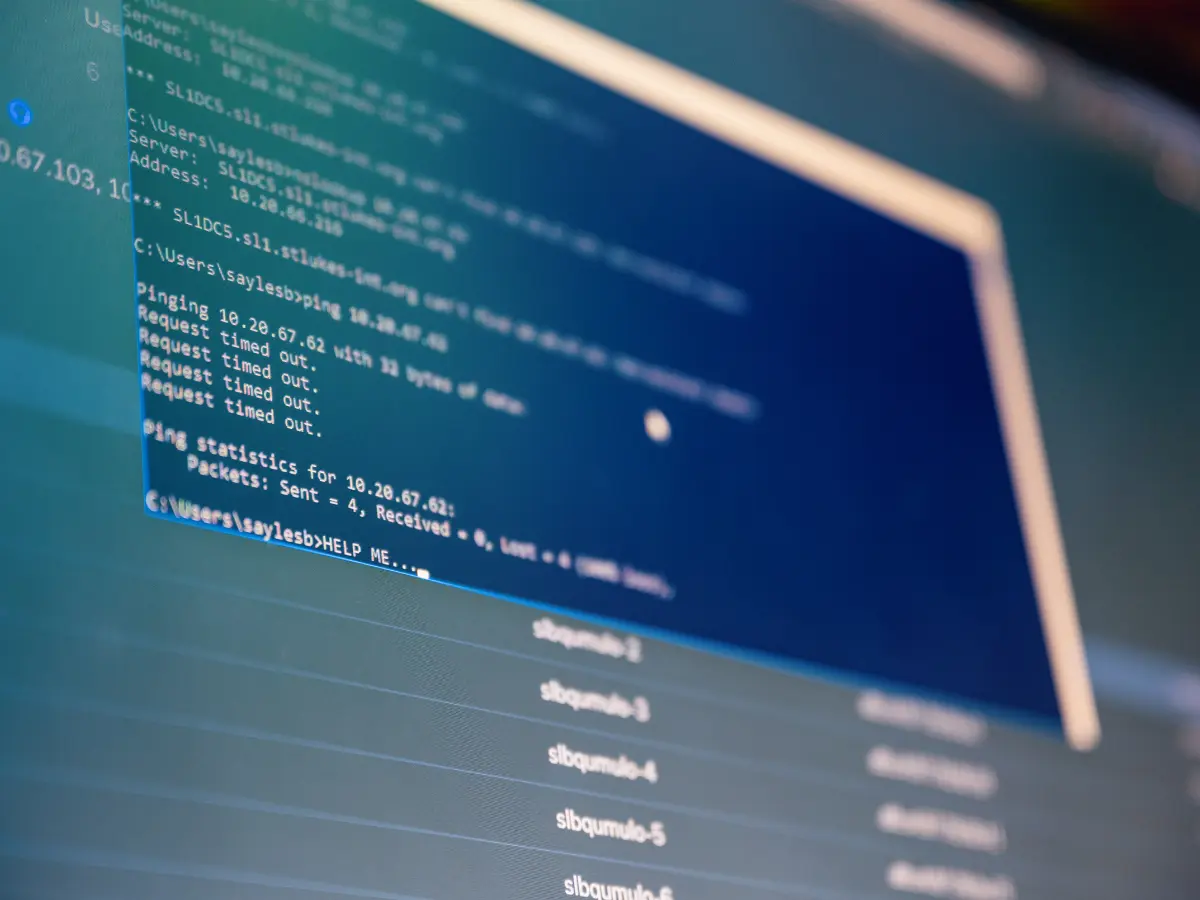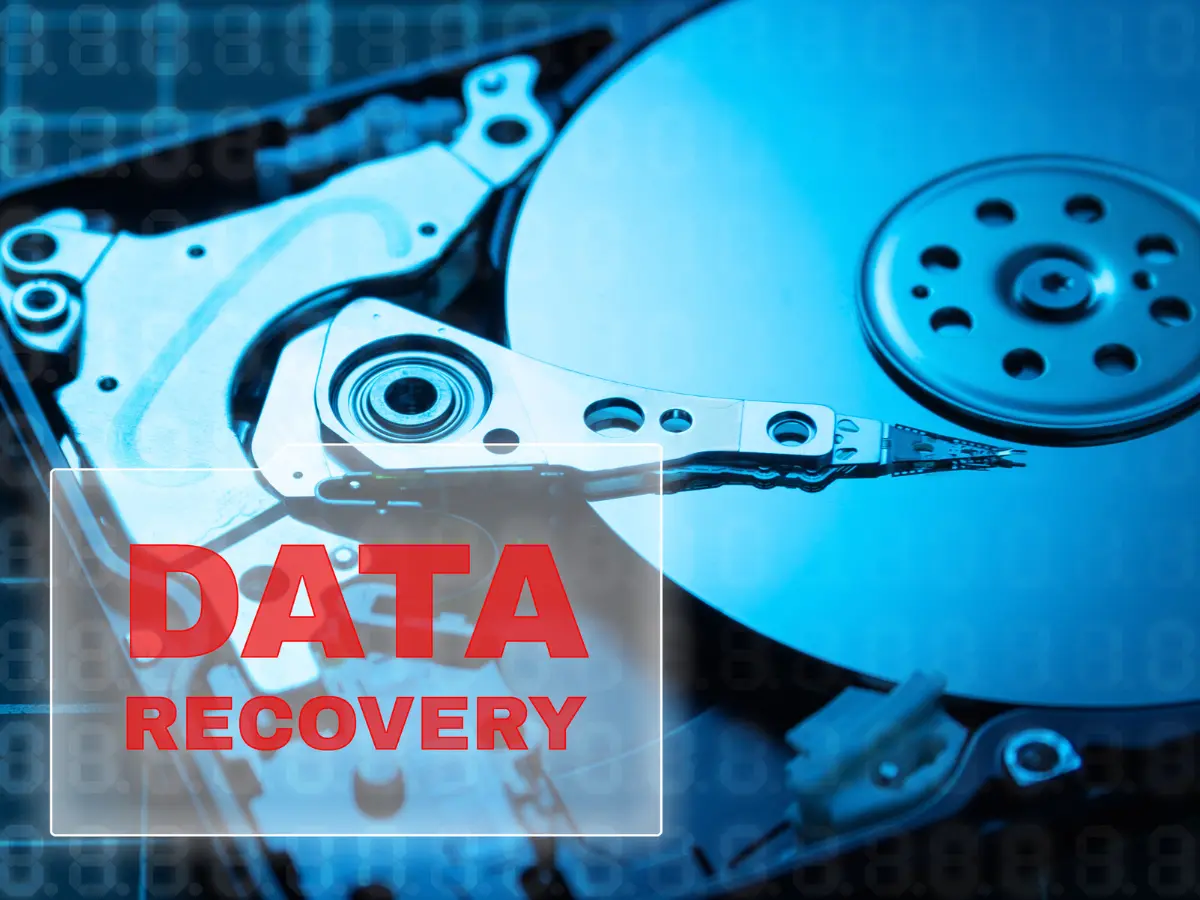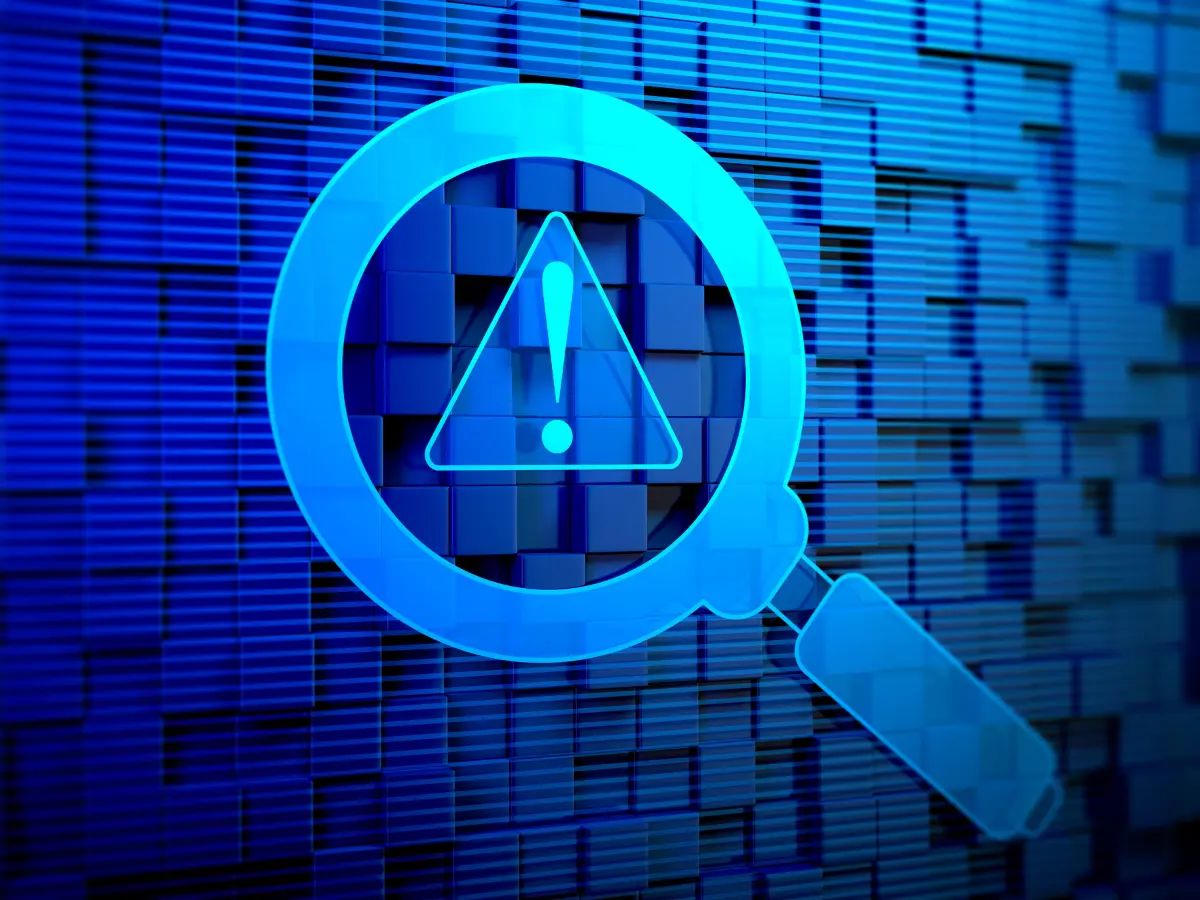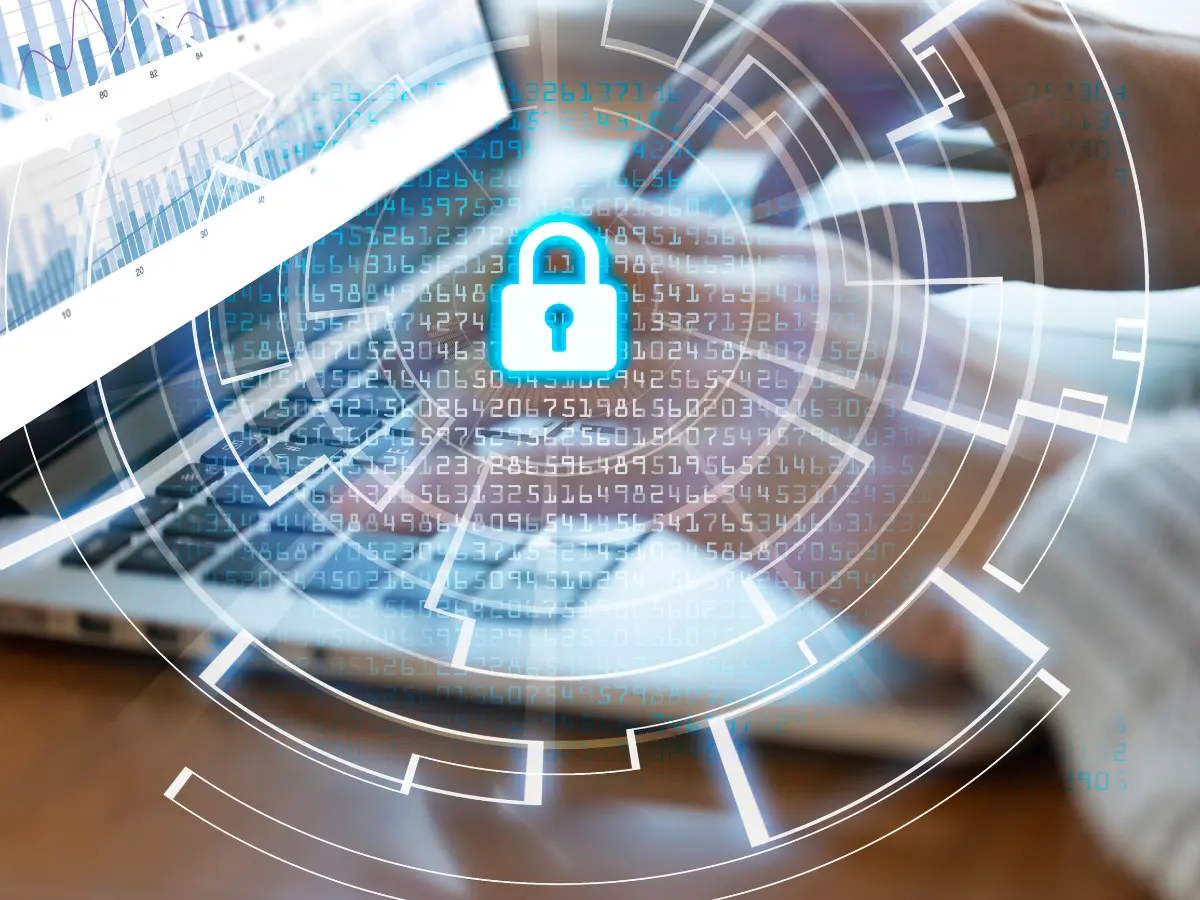The cyber threat landscape isn’t just changing, it’s accelerating. Every day, hackers become more sophisticated, their attack methods evolve, and traditional defenses struggle to keep pace. If your cybersecurity strategy still relies on outdated, manual audits, you’re already playing catch-up.
Now is the time for you to embrace AI-powered cybersecurity audits, the new frontier of digital defense. These intelligent systems don’t just react to threats; they predict them, assess vulnerabilities in real-time, and respond faster than any human ever could. For businesses serious about staying secure, AI is no longer a nice-to-have; it’s essential.
Whether you’re a startup founder juggling compliance or an IT manager guarding sensitive systems, understanding how artificial intelligence is transforming cybersecurity audits is the key to preventing your next major breach. And if you’re looking to get a clearer picture of how the entire process works, from start to finish, check out our guide on Security Audits, a practical resource to help you strengthen your security framework with confidence.
Let’s break down how AI is transforming cybersecurity audits and what that means for your organization’s digital safety.
What Are Cybersecurity Audits And Why Do They Matter?
Imagine running a business without ever checking if the locks on your doors actually work. That’s what skipping cybersecurity audits feels like in today’s digital world.
Cybersecurity audits are your organization’s digital checkups, thorough evaluations of your IT systems, security policies, and internal practices. Their job is to uncover hidden vulnerabilities, ensure you’re playing by the rules (think ISO 27001, NIST, and other global standards), and spotlight risks before cybercriminals do.
In a world where data breaches, ransomware, and regulatory fines can hit hard and fast, regular cybersecurity audits aren’t just good practice, they’re essential armor for your business survival.
The Old Way vs. the AI Way of Cybersecurity Audits
Cybersecurity audits used to be a slog. Think endless spreadsheets, manual checks, and reporting cycles that dragged on for weeks. It got the job done, sure, but it couldn’t keep up with today’s fast-moving threat landscape.
But now the game has changed.
Modern digital systems are more layered than ever, cyber threats are evolving by the hour, and data is being exploded at an unimaginable pace. Traditional auditing methods weren’t built for this kind of scale, and it shows.

That’s where AI comes to the rescue.
Artificial Intelligence is not just upgrading cybersecurity audits, it’s transforming them. What used to take days can now happen in minutes. What used to be reactive is now predictive. With AI in the picture, audits are:
- Faster: Real-time threat detection and analysis.
- Smarter: Learning from past patterns to improve accuracy.
- More Accurate: Pinpointing risks that manual reviews often miss.
- Proactive: Spotting vulnerabilities before they become breaches.
The old way was manual. The AI way is intelligent, efficient, and built for the future.
6 Ways AI is Transforming Cybersecurity
AI is reshaping cybersecurity audits, making them faster, smarter, and more efficient. Here are six key ways it’s changing the game.
1. Real-Time Threat Detection That Never Sleeps
Gone are the days of waiting for quarterly reports to find out if your network has been compromised. AI-powered systems bring real-time threat detection into the mix, monitoring your network around the clock.
These automated threat detection tools use machine learning to pick up on patterns, flagging anything from a sudden data spike to a suspicious login attempt. It’s like having a virtual security analyst watching your digital doors 24/7, ready to act before threats spiral out of control.
2. Smarter, Context-Aware Vulnerability Assessments
Traditional vulnerability scans are like checklists, they tell you what’s broken, but not what’s urgent. AI changes that by learning from your network’s behavior over time. Instead of bombarding your team with every little issue, AI tools prioritize real risks.
This is where predictive risk analysis comes in. By filtering out false positives and highlighting high-impact threats, AI helps your team focus on what truly matters. The result is faster fixes, less alert fatigue, and more strategic cybersecurity audits.
3. Improved Compliance Monitoring
If you’re in a regulated industry, finance, healthcare, or SaaS, you already know that compliance isn’t just a box to check. It’s business-critical.
AI makes continuous compliance a reality by monitoring your systems in real time and mapping data activity to regulatory frameworks like GDPR, HIPAA, and ISO 27001.
Instead of scrambling during audit season, AI flags gaps in your security posture as they appear, helping you stay ahead of issues before they escalate. That’s exactly how our team at Johan Consults approaches cybersecurity audits, by integrating these intelligent tools to keep you audit-ready, always.
4. Automated Reporting and Documentation
Generating audit reports used to be tedious with pages of logs, technical jargon, and time-consuming formatting. But now, cybersecurity audit reporting tools powered by AI can automatically create detailed, presentation-ready documents.
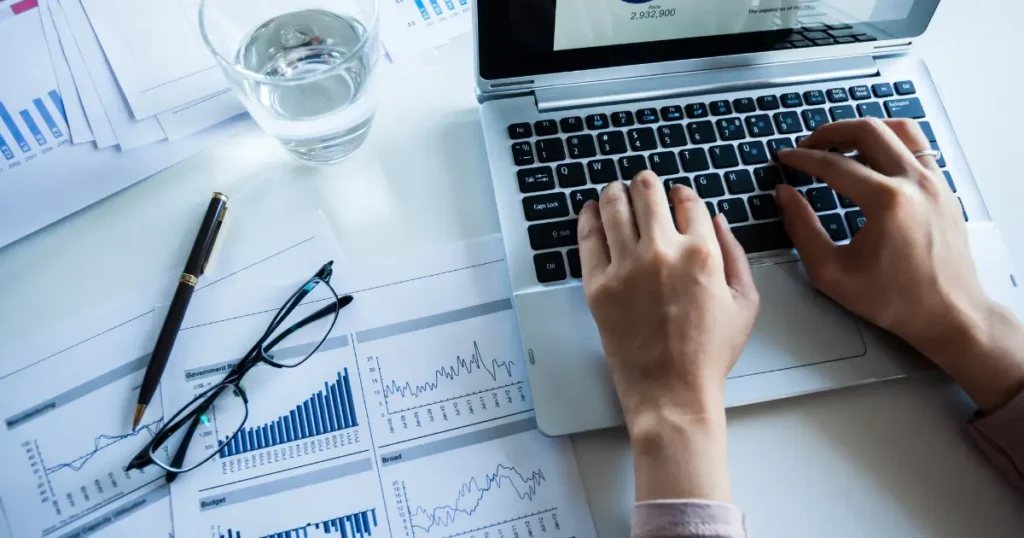
Whether you’re talking to executives, regulators, or your IT team, these reports offer clean visuals, clear summaries, and deep technical breakdowns, all in one place.
So when the next audit or board meeting comes around, you’re already prepared.
5. Real Cost and Time Savings
Here’s the part every business leader perks up for: AI doesn’t just improve your audit, it makes it cheaper.
By handling repetitive tasks like log analysis, data classification, and anomaly detection, AI-powered systems dramatically cut down the time and resources needed for cybersecurity audits.
The result is AI cybersecurity cost savings that free up your team for high-level strategy instead of drowning in data.
6. Continuous Auditing Instead of One-Time Checks
Lastly, cyber threats don’t wait for your quarterly audit. Why should your defenses?
With real-time security monitoring, AI transforms cybersecurity audits into an ongoing process. Instead of static snapshots, you get live, actionable insights at any given moment.
Think of AI as a tireless auditor that never clocks out, helping you stay ahead of compliance requirements, internal policies, and evolving threats without the need to “schedule” protection.
What This Means for Your Business
Whether you’re running a growing startup or managing a large-scale enterprise, one thing is clear: AI is completely reshaping how cybersecurity audits work.
Here’s how it’s changing the game:
- Easier access to audits, even for non-tech teams
- Sharper accuracy, detecting threats you’d probably miss
- Less stress, thanks to automation and smart monitoring
But that’s not all. Imagine having AI tools watching over your systems 24/7, spotting vulnerabilities before they become problems. That’s not just security; that’s peace of mind for you and your customers.
In today’s digital world, trust is currency. And with AI-powered cybersecurity audits, you’re not just ticking compliance boxes, you’re showing your clients you take their data seriously.
To strengthen your defense even further, now is a great time to revisit the cybersecurity best practices your business has in place. From employee awareness to endpoint protection, every layer counts when it comes to staying secure in an AI-driven threat landscape.
Frequently Asked Questions
1. How can artificial intelligence (AI) contribute to cybersecurity?
AI tools can detect shadow data, monitor unusual access patterns, and instantly alert cybersecurity teams to potential threats, such as malicious actors attempting to access sensitive information. This real-time detection not only boosts response speed but also helps prevent serious breaches before they escalate.
2. Can AI replace cybersecurity?
No, AI won’t replace cybersecurity professionals, but it will reshape the game.
AI is a powerful ally, capable of automating routine tasks, detecting threats faster, and accelerating response times. But when it comes to strategy, handling complex or emerging threats, and making ethical calls, human expertise remains irreplaceable.
3. What is the role of artificial intelligence in auditing?
AI’s power to process vast amounts of data gives auditors access to insights they might have missed using traditional methods. By uncovering patterns, trends, and anomalies, AI helps companies gain a deeper understanding of their financial performance and identify potential red flags before they escalate.
Final Thoughts
Let’s clear the air, AI isn’t coming for your job. It’s coming for the busywork.
Think of AI as your ultra-smart audit partner. It crunches massive amounts of data in seconds, highlights the red flags you need to care about, and turns endless logs into sharp, digestible insights. That means faster, smarter cybersecurity audits with fewer blind spots.
But here’s the kicker, humans still lead the way. Your judgment, your experience, and your gut instincts are irreplaceable. AI just gives you the tools to do what you do best, only better.
So no, it’s not man versus machine. It’s a man with a machine. And when that partnership clicks, the entire organization wins with better decisions, tighter security, and a whole lot less stress.
Welcome to the future of cybersecurity audits, and you’re still in the driver’s seat.
If you’re ready to explore how AI can streamline your audit process without losing the human edge, let’s have a quick chat. We’ll walk you through what’s possible, no pressure, just clarity.

